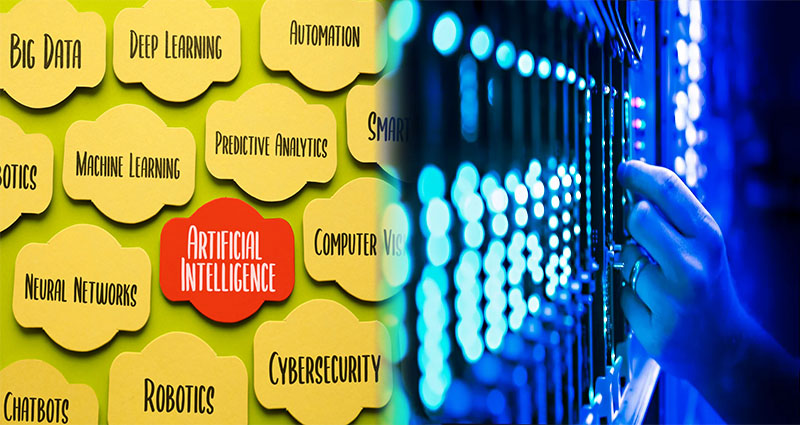In the rapidly evolving world of technology, Artificial Intelligence (AI) has emerged as a game-changer across various industries. One aspect of AI that is crucial to grasp is its classifications and applications. By understanding the different types of AI and how they are utilized, we can gain deeper insights into the potential of this groundbreaking technology.
Types of AI Classifications
- Narrow AI: Also known as Weak AI, this type of AI is designed for a specific task or set of tasks. Narrow AI is prevalent in our daily lives, from virtual assistants like Siri and Alexa to recommendation algorithms on streaming platforms. Its focus is narrow, but its capabilities are impressive within its designated domain.
- General AI: General Artificial Intelligence, or Strong AI, refers to AI systems that possess the ability to understand, learn, and apply knowledge across a wide range of tasks – essentially mirroring human intelligence. While we are yet to achieve this level of AI, researchers continue to work towards creating machines with generalized cognitive abilities.
- Superintelligent AI: This advanced form of AI surpasses human intelligence across all domains and is purely speculative at present. Superintelligent AI, also known as Artificial General Intelligence (AGI), has the potential to revolutionize industries and societies in unimaginable ways.
Applications of AI
- Machine Learning: A subset of AI that enables machines to learn and improve from data inputs without being explicitly programmed. Machine learning is used in various applications such as image recognition, natural language processing, and predictive analytics.
- Computer Vision: Computer vision utilizes AI algorithms to interpret and analyze visual data from images or videos. This technology is applied in autonomous vehicles, facial recognition systems, medical imaging, and surveillance systems.
- Natural Language Processing (NLP): NLP focuses on enabling machines to understand, interpret, and generate human language. Applications of NLP include chatbots, language translation services, sentiment analysis, and voice assistants.
- Robotics: AI plays a critical role in the field of robotics by enabling robots to perform tasks autonomously, adapt to changing environments, and interact with humans. From industrial automation to healthcare assistance, AI-powered robots are reshaping various industries.
- Predictive Analytics: AI algorithms are used in predictive analytics to forecast future outcomes based on historical data patterns. Industries such as finance, healthcare, marketing, and supply chain management leverage predictive analytics to make informed decisions and optimize processes.
Understanding the classifications and applications of AI provides a glimpse into the vast potential of this transformative technology. As AI continues to advance, its impact on society, economy, and ecology will undoubtedly reshape the future in profound ways. Embracing AI responsibly and ethically is paramount to harnessing its benefits while mitigating potential risks.









